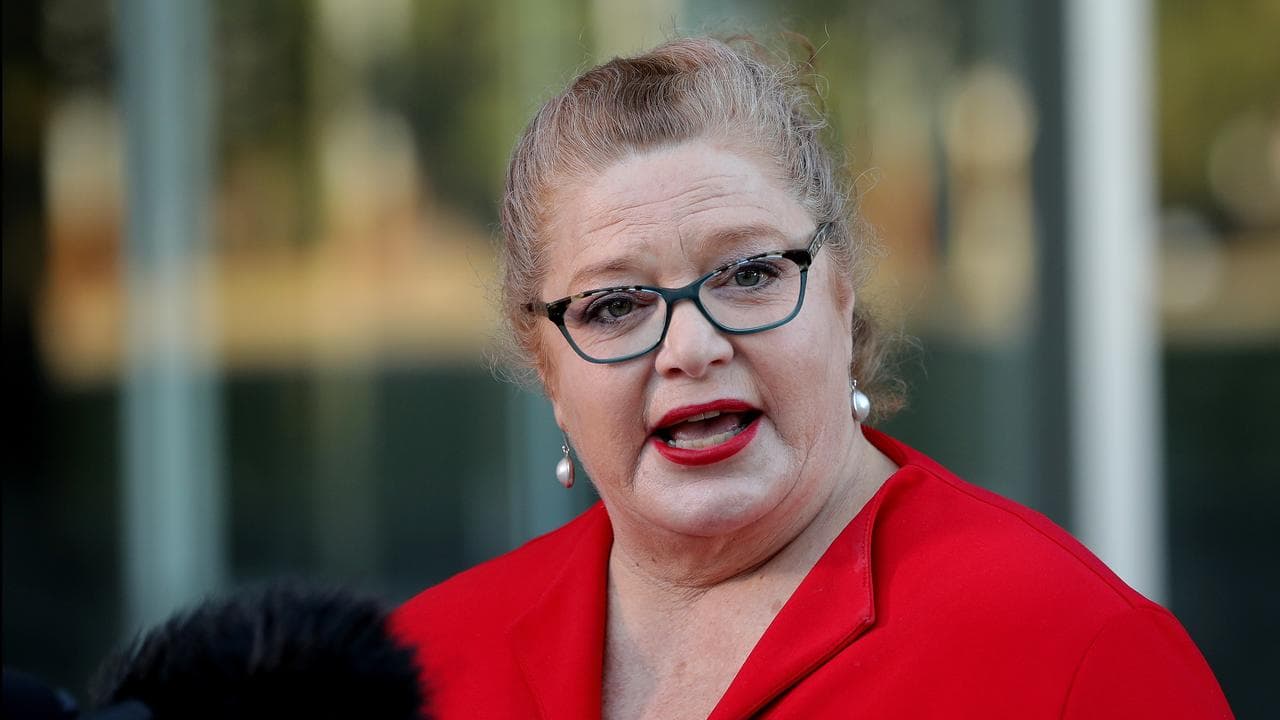
Western Australia will remain one of the only states where all renters can be evicted without a reason as the government looks to avoid spooking investors.
But laws will be amended to give greater freedoms to tenants, including the right to keep pets and make minor home modifications.
Rent increases will be limited to once every 12 months, while landlords and property managers will be banned from encouraging bidding wars by pressuring tenants to offer more than the advertised rent.
They will also be required to advertise rent prices at a fixed amount rather than a range.
In WA, landlords can evict tenants at the end of a fixed-term lease without a reason if they provide 30 days' notice.
For ongoing periodic leases, the notice period is 60 days.
That will remain the case under the proposed amendments to WA's residential tenancy laws, with Commerce Minister Sue Ellery citing the need to preserve housing supply within an already tight rental market.
WA's consumer protection authority had recommended banning no-grounds evictions except for at the end of an initial fixed-term lease, but Ms Ellery said this would add "further regulatory burden" and uncertainty.
"That's at a time when we need more investment in the supply of long-term rental properties," she told reporters on Friday.
"It's not the right time to make it more complex to own and manage a long-term private rental property."
South Australia and the Northern Territory are the only other jurisdictions that have not moved to ban no-grounds evictions in some form.
Queensland and Tasmania have outlawed them for periodic tenancies and the newly elected NSW Labor government has indicated it will follow suit.
But Ms Ellery noted only Victoria and the ACT had banned without-grounds evictions for both fixed and periodic tenancies.
Most Australian renters were on fixed-term leases, she said.
"It's important to understand who is it that owns the private rental properties," she said.
"It's the small investors - it's the mum-and-dad investors with perhaps one or two properties ... we can't afford to add uncertainty to (their) decision-making."
Painting walls and installing hooks are examples of the designated minor modifications tenants will be allowed to undertake without permission.
They could be required to reverse the changes at the end of the tenancy.
Landlords will only be able to deny tenants from having a pet if it is deemed reasonable by government officials.
Consumer Protection will be responsible for handling all rental disputes, meaning parties will no longer have to go before the Magistrates Court.
"Secret shoppers" will be deployed at open properties to ensure real estate agents are complying with the crackdown on rental bidding.
Perth's rental vacancy rate was 0.7 per cent in April, according to the Real Estate Institute of WA, with the median rent up 17 per cent from a year earlier.
The institute's chief executive Cath Hart said the proposed reforms struck the right balance between owners and tenants.
"While recent state budget initiatives focused on supply, we also need a legislative environment that sustains and encourages investment," she said.
The Make Renting Fair Alliance welcomed the changes but expressed disappointment no-grounds evictions would remain.
Ms Ellery acknowledged limiting rental increases from twice-yearly to annual could result in bigger price hikes but said it would give tenants greater certainty.
She hoped the changes, which include a streamlining of the security bond release process, would go before parliament this year and be enacted in late-2024.




